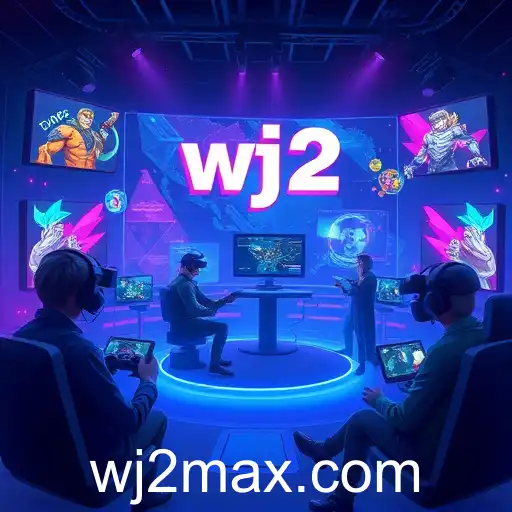
Exploring the transformative dynamics in the online gaming industry with a focus on English gaming platforms and community engagement.
The online gaming industry has witnessed a massive transformation over the past few years, particularly with the increased integration of new technologies and community-building strategies. As we delve deeper into 2025, English gaming sites such as 'wj2' are at the forefront of these changes, offering players not just games, but entire ecosystems that redefine the gaming experience.
One of the critical dynamics at play is the merging of gaming with social interaction, providing users with a platform where they can not only play but also connect with others. The 'wj2' website exemplifies this trend, allowing gamers to share experiences, strategies, and form alliances in a virtual space that mimics real-world social dynamics. This approach has been instrumental in retaining user engagement and expanding the site’s reach beyond traditional gaming circles.
Technological advancements have also played a significant role. Virtual Reality (VR) and Augmented Reality (AR) are no longer just buzzwords but have become essential components of modern gaming platforms. 'wj2' leverages these technologies to create immersive experiences that blur the line between the digital and physical worlds, attracting a broader demographic of players.
Moreover, the concept of user-generated content is gaining traction, with platforms encouraging players to create and share their content, thus fostering a more personalized and varied gaming environment. 'wj2' implements this through various creative tools and incentives, cultivated to boost user innovation and expand its content library at an unprecedented rate.
In the broader context, the rise of English gaming websites like 'wj2' highlights a shift towards more inclusive and customized gaming spaces. They reflect a growing demand for community and connectivity in digital platforms, mirroring societal shifts towards greater digital interaction and the democratization of content production.
Looking forward, the sustainability of such platforms relies heavily on their ability to innovate and adapt to changing user preferences and technological developments. As we continue to track these developments, one thing remains clear: the gaming landscape in 2025 is unrecognizable from that of a few years prior, marked by an increased synergy between players, technology, and community-centric approaches.




